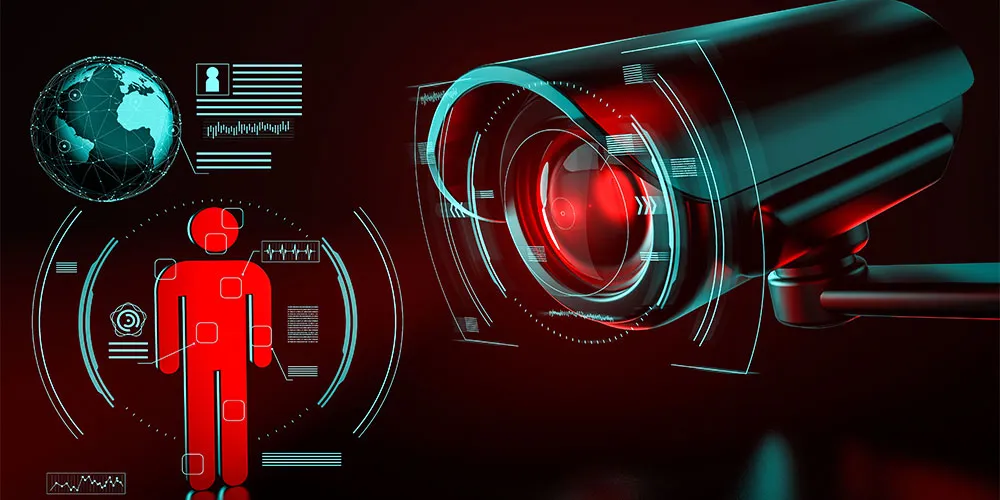IP (Internet Protocol) cameras have transformed modern surveillance, offering high-quality video, remote access, and smart features. However, like any technology, they come with both strengths and limitations. Whether you’re securing a home, office, or public space, understanding the advantages and disadvantages of IP cameras will help you make an informed decision.
Advantages of IP Cameras
1. High-Quality Video Resolution
- 4K & HD Clarity: IP cameras provide superior image quality compared to analog CCTV.
- Digital Zoom: Enhanced zoom capabilities without losing detail.
2. Remote Access & Real-Time Monitoring
- View from Anywhere: Access live footage via smartphones, tablets, or PCs.
- Cloud Storage: Save and retrieve recordings remotely.
3. Easy Installation & Scalability
- Wireless Options: Many IP cameras support Wi-Fi, reducing wiring hassles.
- PoE (Power over Ethernet): Single-cable solution for power and data.
- Expandable Systems: Easily add more cameras to the network.
4. Advanced Features & AI Integration
- Motion Detection: Smart alerts for suspicious activity.
- Facial Recognition: Identify known individuals (useful for businesses).
- Night Vision & Thermal Imaging: Enhanced low-light performance.
5. Better Security & Encryption
- Secure Data Transmission: Encrypted feeds prevent hacking (unlike analog signals).
- Two-Factor Authentication (2FA): Extra login security.
Disadvantages of IP Cameras
1. Higher Initial Cost
- More Expensive Than Analog CCTV: Advanced features come at a premium.
- Additional Equipment Needed: NVRs (Network Video Recorders), high-capacity storage.
2. Bandwidth & Network Dependency
- Internet Required: Without a stable connection, remote access fails.
- Bandwidth Consumption: Multiple cameras can slow down networks.
3. Cybersecurity Risks
- Hacking Vulnerabilities: Poorly secured cameras can be exploited.
- Privacy Concerns: Unauthorized access to live feeds.
4. Complex Setup for Non-Tech Users
- Configuration Challenges: Requires network knowledge for optimal performance.
- Compatibility Issues: Not all cameras work with every NVR or software.
5. Limited Range Without Boosters
- Wi-Fi Signal Issues: Thick walls or long distances weaken connectivity.
- Power Supply Needs: Wireless cameras still require charging or power sources.
Conclusion: Are IP Cameras Worth It?
IP cameras offer superior image quality, smart features, and remote access, making them ideal for modern security needs. However, they come with higher costs, network dependency, and cybersecurity risks.
Best For:
✅ Businesses needing high-end surveillance
✅ Smart homes with strong Wi-Fi
✅ Users wanting AI-powered security
Not Ideal For:
❌ Budget-conscious users
❌ Areas with poor internet connectivity
❌ Those uncomfortable with tech setups
FAQ Section (For SEO)
Q: Can IP cameras work without the internet?
A: Yes, but remote access and cloud storage won’t be available.
Q: Are IP cameras better than analog CCTV?
A: Yes, in terms of resolution and features, but they cost more.
Q: How can I secure my IP camera from hackers?
A: Use strong passwords, enable 2FA, and update firmware regularly.
Call to Action:
Still unsure whether IP cameras are right for you? Drop your questions in the comments!


 Watch
Watch
 CASUAL WEAR
CASUAL WEAR



[…] IP cameras have become a powerful tool for law enforcement, enabling real-time monitoring, suspect tracking, and crime prevention. Police departments worldwide use advanced AI-powered surveillance systems to enhance public safety—but this also raises concerns about privacy and civil liberties. […]